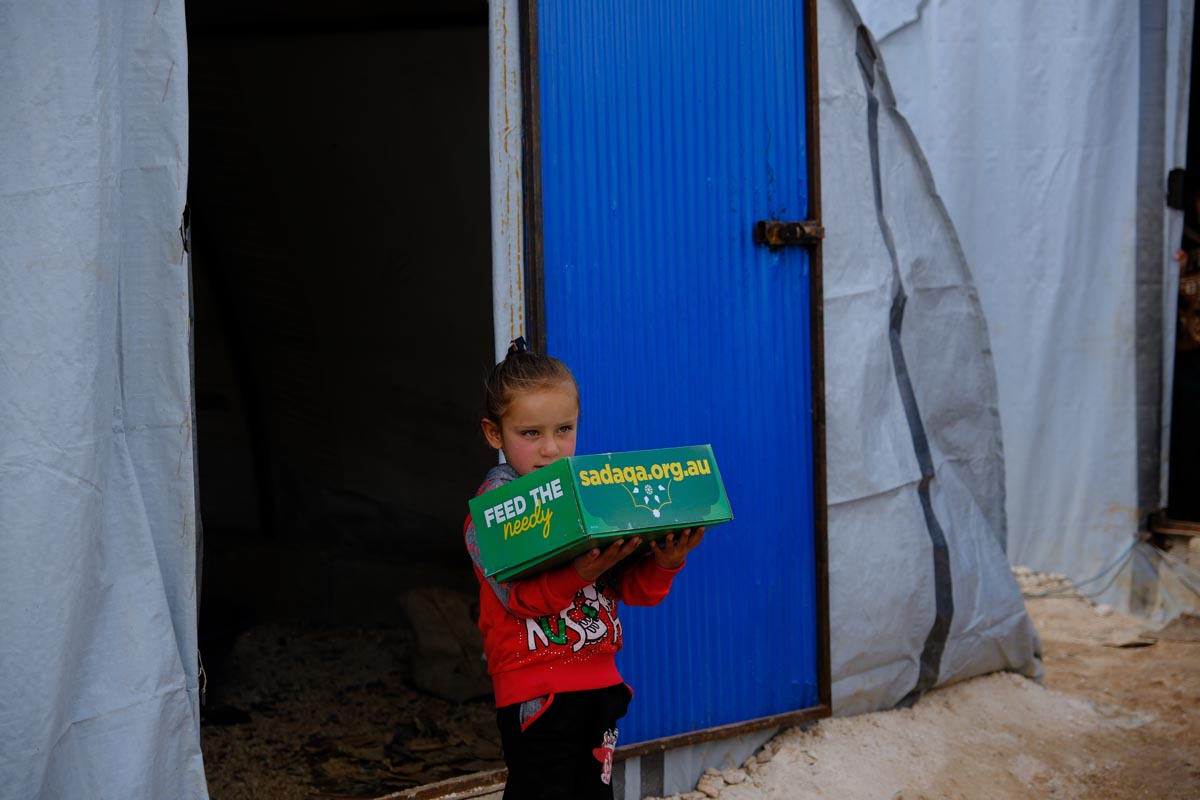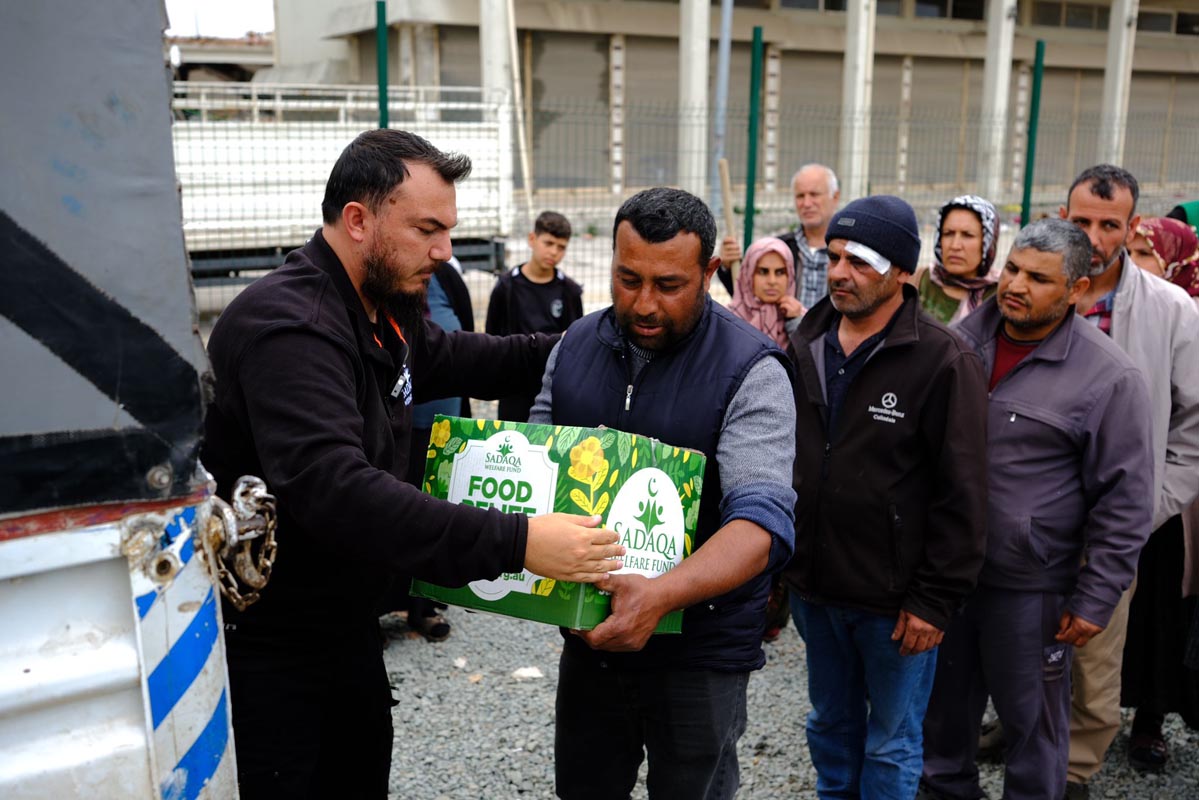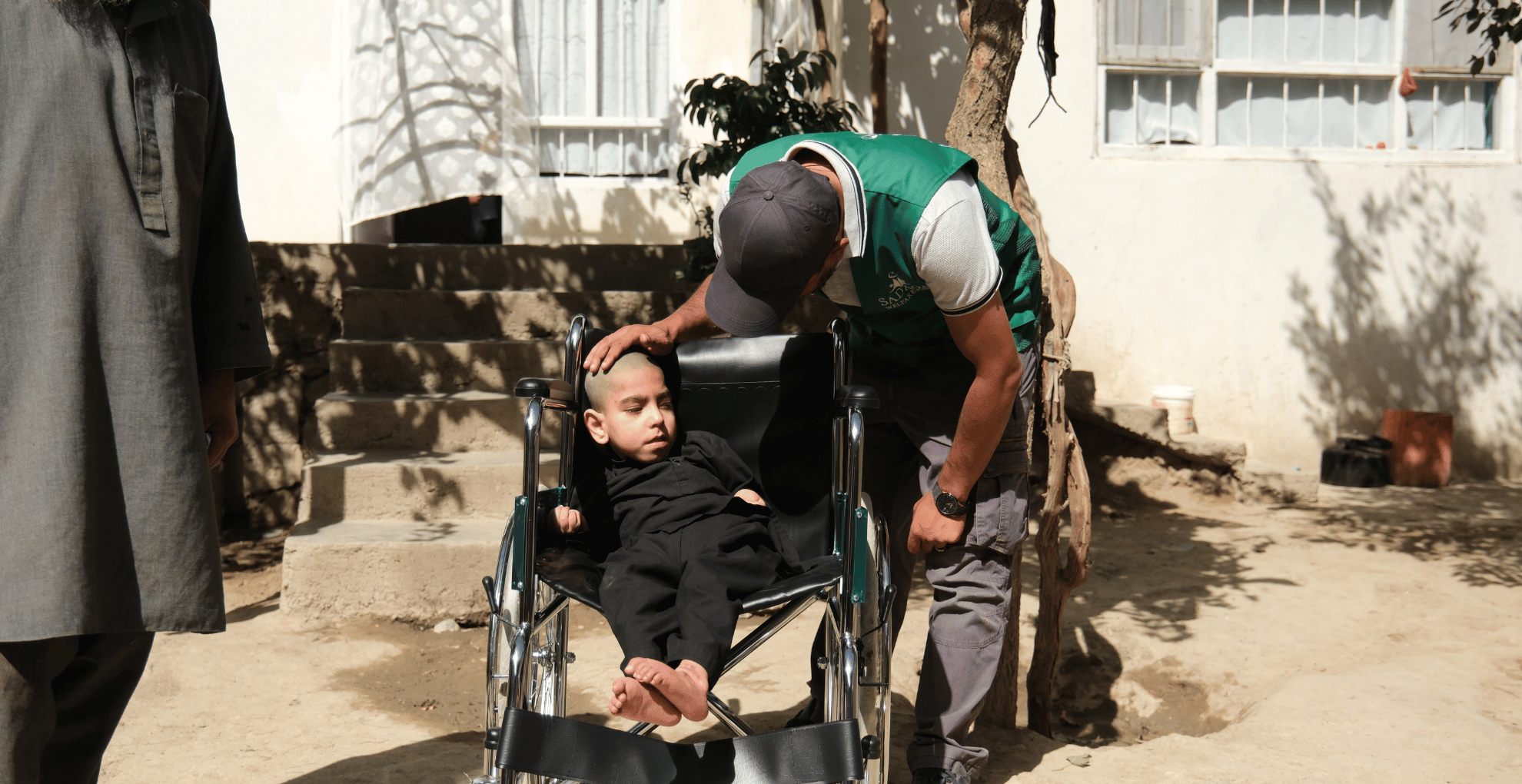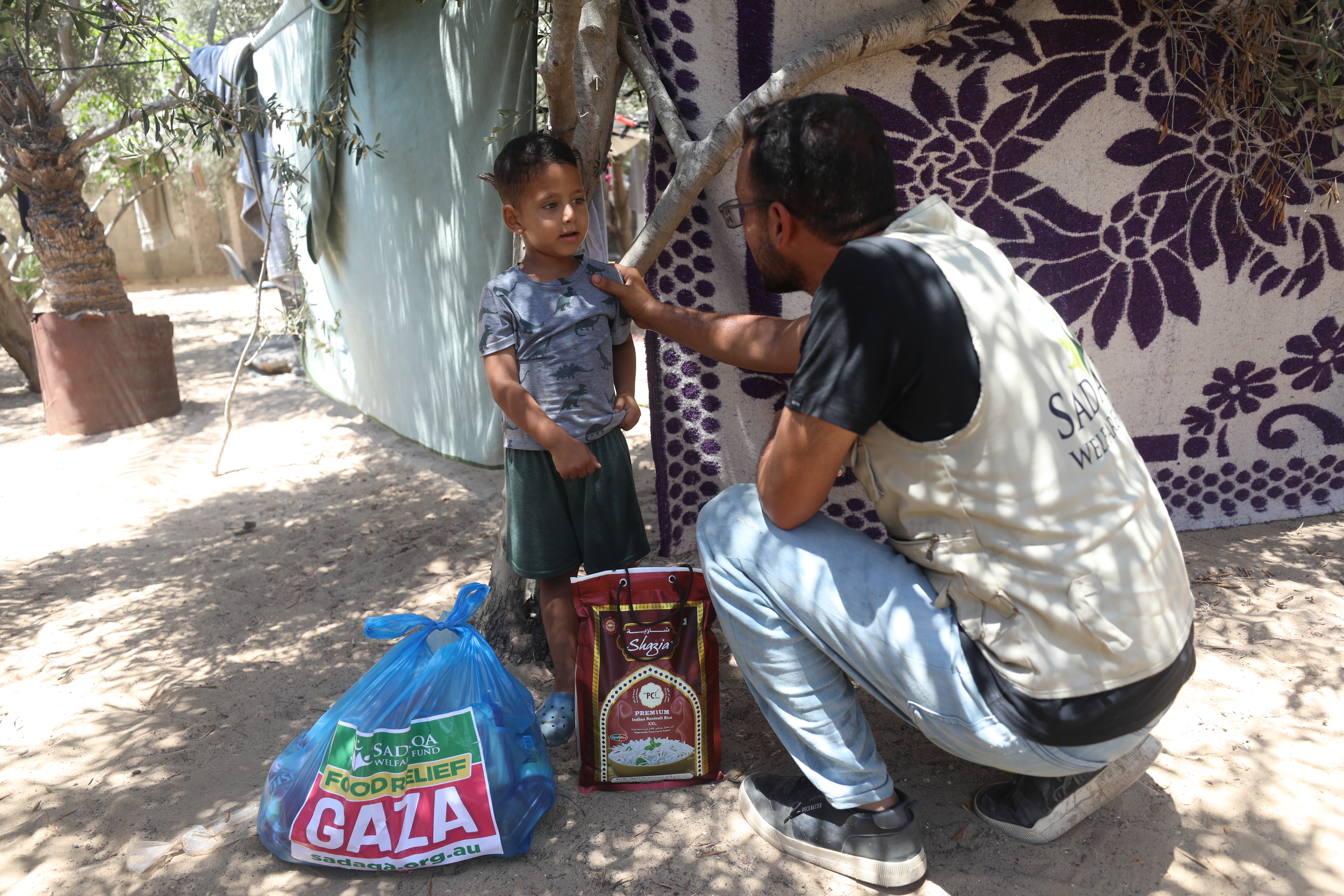Who is required to fast during Ramadan?
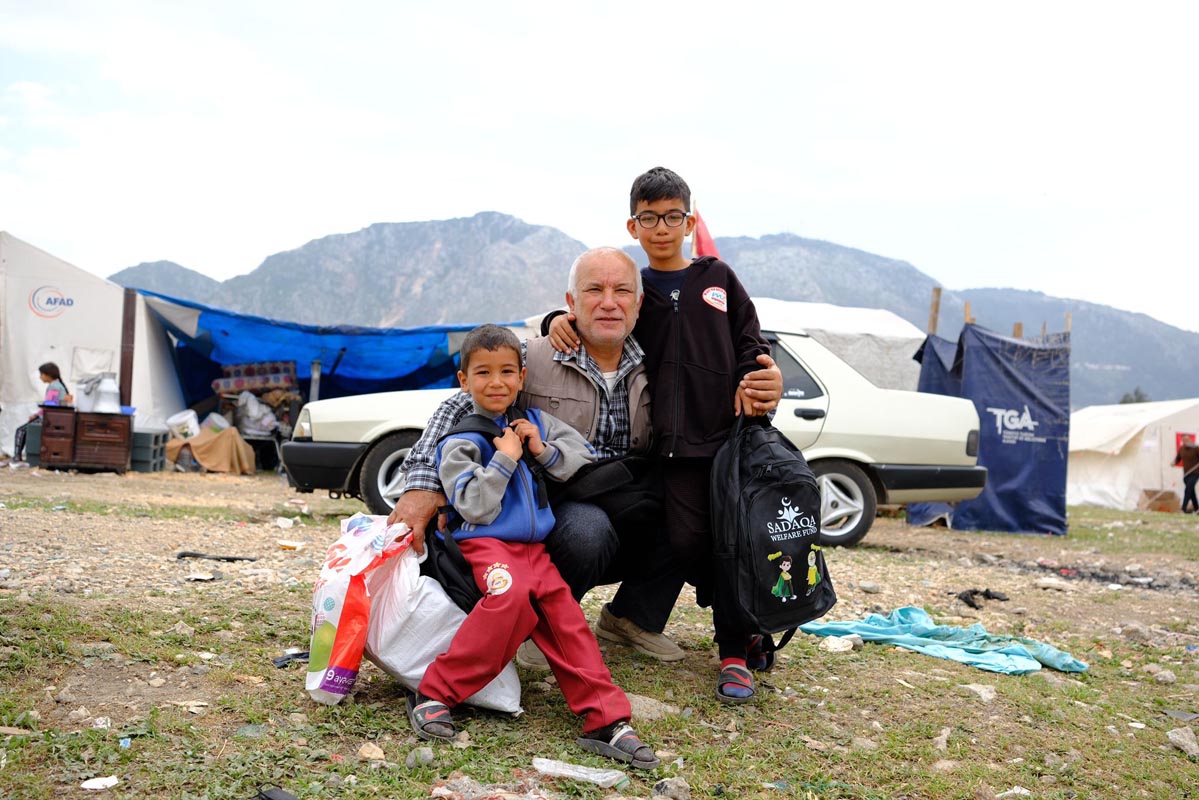
Who is required to fast during Ramadan?
Fasting during Ramadan is required for all adult Muslims who meet specific criteria, as this practice is one of the Five Pillars of Islam, intended to purify the soul and build self-discipline. However, there are important guidelines that determine who must fast and exceptions for those facing particular circumstances.
Age and Maturity
Fasting is obligatory for Muslims who have reached puberty, marking the age at which they are considered responsible for fulfilling religious duties. Although young children are encouraged to fast to understand its significance, it only becomes mandatory upon reaching maturity.
Physical and Mental Health
Muslims who are in good physical and mental health are required to observe fasting. Those who are ill or have health conditions that could worsen by fasting are exempt. This exemption is intended to prevent harm, as Islam prioritizes the well-being of individuals.
Travel
Those who are traveling long distances are allowed to skip fasting if it would cause hardship. However, many travelers choose to fast if their journey is comfortable. If they do skip fasting, they must make up the missed days once they return home.
Pregnancy, Breastfeeding, and Menstruation
Pregnant or breastfeeding women are exempt if fasting could affect their health or that of their child. Women experiencing menstruation are also exempt and must make up missed days later.
Elderly and Chronic Conditions
Older adults or those with chronic conditions who cannot physically endure fasting are exempt. They may instead offer fidyah, a form of compensation through feeding the poor, if they are able.
These exemptions ensure that fasting during Ramadan remains a practice of spiritual growth and personal discipline, respecting individual health and well-being within the faith.
